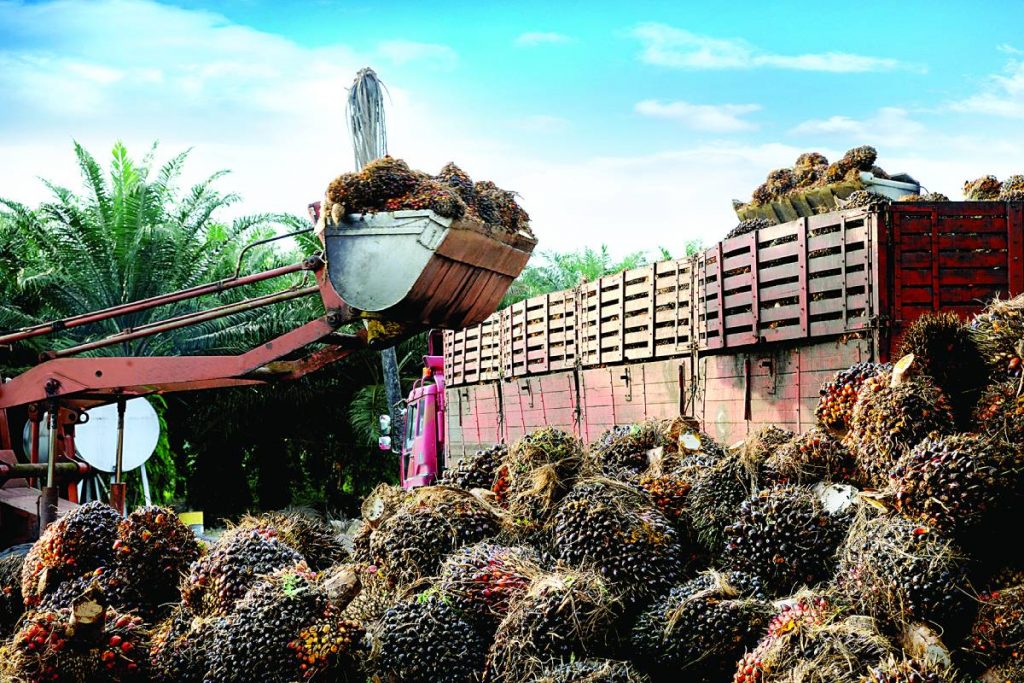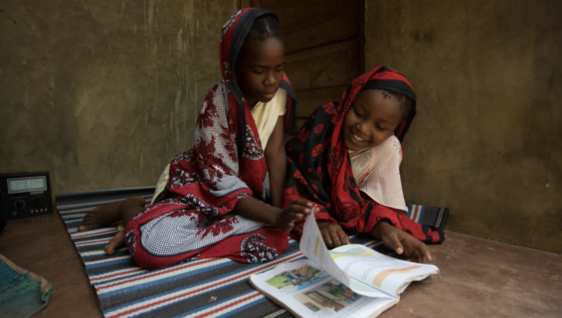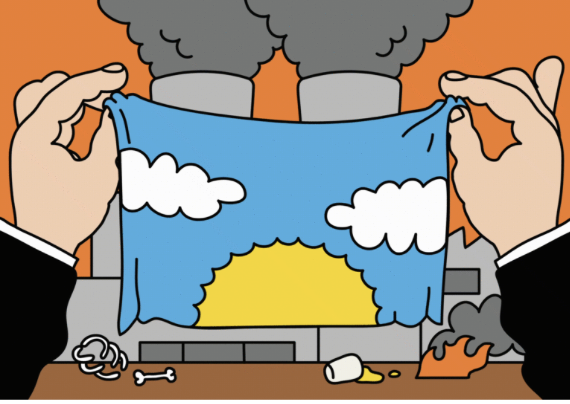Environment Justice Matters- Vol 2. Issue 16

Happy Ganesh Chaturthi to one & all.

Let us amply please Ganesha with lots of laddoos while ensuring his favourite lakes are saved from acid reflux, as sages did back then using Cynodon dactylon (kan: garike hullu; hin: durva grass) to save him from acid reflux after he consumed a polluted demon!
Know more about what’s being done to save lakes from acid reflux: bit.ly/2XbY9Qb & bit.ly/38Rwgzn
To support more such work: bit.ly/3DWdJ30
ESG Features
ESG and FEVOURD-K (Federation of Voluntary Organisations for Rural Development in Karnataka) organised on 2nd September a workshop on
“Protecting, Conserving, And Rehabilitating Lakes As Commons”.
The participation was from across Karnataka and also witnessed participation from senior functionaries of Karnataka State Legal Services Authority and Karnataka Tank Conservation and Development Authority. The proceedings can be viewed here.

The recent decision of the Indian Government promoting the Res. 11.040 crores National Mission on Edible Oils – Oil Palm focused on the North East region and Andaman and Nicobar Islands, has been deeply divisive and controversial. While Meghalaya Chief Minister Conrad Sangma tweeted approvingly, his sister Agatha Sangma, a trained environmentalist and Member of Parliament (Lok Sabha), shot off a letter to Prime Minister Narendra Modi registering her “opposition to the unilateral imposition” of the policy, and argued that it would destroy these culturally diverse and biodiversity rich regions. Several environmental groups have also come together in voicing their opposition to the policy. Malvika Kaushik of ESG argues here for The Statesman that this massive governmental push is happening without even nominal legal safeguards to prevent adverse environmental and social impacts.

In “Imagining street-markets as urban commons: The mother’s market in Manipur”, published in Summer 2021 issue of Urban Transcripts – The Journal, Swetha Rao Dhananka and Leo Saldanha of ESG highlight the amazing tradition of Ima Keithel in Manipur, and highlight “Street markets are as old as humankind and yet are quite capable of accommodating the highly contested claims associated with “modern” markets, such as efficiency, economic viability and sustainability. There is now more than ever, a critical need to rethink entire processes, from connecting the producer to consumer through to humanistic networks about rights, responsibilities and sustainability. Street markets perform amazingly diverse functions for the majority of the population and at a highly affordable cost.”
Climate & Environment

According to a recent report by UNICEF, children are at greater risk than adults from impacts of climate change.
Nearly 1 billion children in 33 countries are facing simultaneously more than four impacts of climate change. According to the Energy Policy Institute at University of Chicago, air pollution in India has increased at alarming rates in recent decades and is likely to reduce life expectancy of almost 40% of Indians by 9 years.
Public Health
World Health Organisation now says a booster jab for vulnerable people is “not a luxury but a good way to protect them.” Thus going back on earlier statements which reported lack of evidence favouring booster shots, and that they contributed to increased vaccine inequality. Meanwhile, Dr Soumya Swaminathan, chief scientist of the World Health Organisation (WHO), has said that Covid-19 may have become endemic to India, but is unlikely to result in devastating waves like before.
Energy

Demanding systemic change targeting backing down of the petrochemicals sector is key to cutting down on greenhouse gases. Yet, as Auden Schendler writes for the New York Times, the individuals’ carbon footprint is deliberately made the focus for corrective action, a tactic that helps giant corporations to continue profiteering from their reckless exploitation of natural resources. Meanwhile, Prof. Yvonne Buckley of Nature+Energy of Trinity College (Dublin) discusses simplistic promotion of renewables should not be the response to tackling climate change, as is widely the case. She argues in the Irish Times that the strategy of ”mitigation hierarchy” is a useful approach to protect biodiversity rich habitats while shifting energy reliance to renewables.
India’s continuing emphasis on centralized production of energy, including in renewables, may lead her into a situation China finds itself in now: the government is being forced to dismantle thousands of badly planned dams. That when a recent study draws attention to the high possibility that Great Indian Bustard may go extinct soon, if urgent corrective measures aren’t taken to tackle power lines that crisscross its desert habitat and electrocute these low flying birds. One promising alternative is distributed renewable energy, which Down to Earth highlights is not being promoted widely enough by the Government of India.
Biodiversity & Agriculture
The UN Biodiversity Convention’s proposal to conserve 30% of Earth’s land and sea by 2030 in the forthcoming COP 15 through creation of national parks and protected areas, would seriously jeopardise indigenous and tribal communities around the world, argue Indigenous Rights activists and also several philanthropies. Promoting this policy through governments could results in their mass evictions, they argue.
On the farming front, floods in Uttar Pradesh devastate hundreds of villages, while Odisha prepares a crop contingency plans as 27 of its 30 districts are threatened by severe drought. That when farmers in West Bengal are plunging deeper into debt due to crop failures caused by irregular monsoons.
Law & Society

In an unprecedented victory for democratic governance, particularly advancing informed public involvement in environmental decision-making informed, the Delhi HIgh Court recorded a statement from the Additional Solicitor General of India that Indian Ministry of Environment, Forests and Climate Change is willing to translate the draft EIA Notification 2020 into 22 vernacular languages within 4 weeks. It may be recalled that there were nation-wide protests against the Ministry’s move to rush through the Draft EIA Notification 2020 even as nation-wide lockdowns were imposed. Coalition for Environmental Justice in India had argued that the draft was a dilution of the already weak EIA Notification 2006 and demanded a Comprehensive, New, and Substantive Environmental Law to Regulate Development in consonance with Environment Protection Act, 1986.
With Karnataka High Court Chief Justice Oka’s elevation to the Supreme Court, two Bangalore lawyers look back on his commitment to advancing and expanding constitutional rights within the constitutional and legal frameworks. Justice Oka’s unprecedented orders on lake protection, on the implementation of the central Solid Waste Management Rules, and directions that forced the Karnataka Government to clarify Isha Foundation’s controversial Cauvery Calling project does not have state support are some of the ways in which Justice Oka demonstrated the importance of adhering to the Doctrine of Public Trust and environmental laws.
Meanwhile, in a retrograde decision, Justice Shekhar Kumar Yadav of the Allahabad High Court refused to grant bail to a man accused of cow slaughter saying it may “disturb harmony”. The Judge went on to argue that cow is the only animal that “inhales and exhales oxygen’ and thus needs to be protected as part of Indian culture and as “national animal”. Such decisions are a great disservice to the complex question of balancing animal protection, livelihood concerns, and dietary freedoms in India, and instead promotes religious fanaticism, persecution of minorities, and communal disharmony.
Urban Issues
In what can be termed as an historic lesson in civic planning, Polish researchers have discovered evidence of an early Christian settlement in the ancient city of Marea, Egypt from the 6th Century C.E. The 32 acre settlement lacks defensive walls, exhibits a separate latrine area placed at a height away from the settlement, public baths, and a public hospital that was apparently accessible to all social classes.
Questions are being raised about a host of ‘development’ measures proposed for the landmark Cubbon Park by the Bengaluru Smart City Ltd (BSCL) without subjecting it to meaningful public consultation. This is symptomatic of a larger systemic push towards shifting constitutionally mandated responsibility of delivering essential functions of city governance in the favour of parastatals like BSCL, argues Soumya Chatterjee in the News Minute.
Communities & Livelihoods
The periodic labour force survey in India for 2019-2020 has highlighted that the pandemic had varying economic impacts on different communities in India. As the situation in Afghanistan worsens, resulting in an humanitarian crisis, the Food and Agriculture Organisation has issued a call for humanitarian assistance for farmers and herders suffering from the effects of a worsening drought.
A new study published in Marine Policy has assessed successful sustainable livelihood interventions for small-scale fisheries in Indonesia. It concludes that successful policies worked closely with local NGOs and linked participants to markets to sell their produce. Cassie Freund rounds up the findings and implications for Mongabay.
Team ESG
Environment Support Group (Trust)
1572, 36th Cross, Ring Road
Banashankari II Stage
Bangalore 560070. INDIA
Tel: 91-80-26713560
Voice/Fax: 91-80-26713316
Website: esgindia.org Email: [email protected]
Follow our Facebook, Instagram, Linkedin and Twitter page

